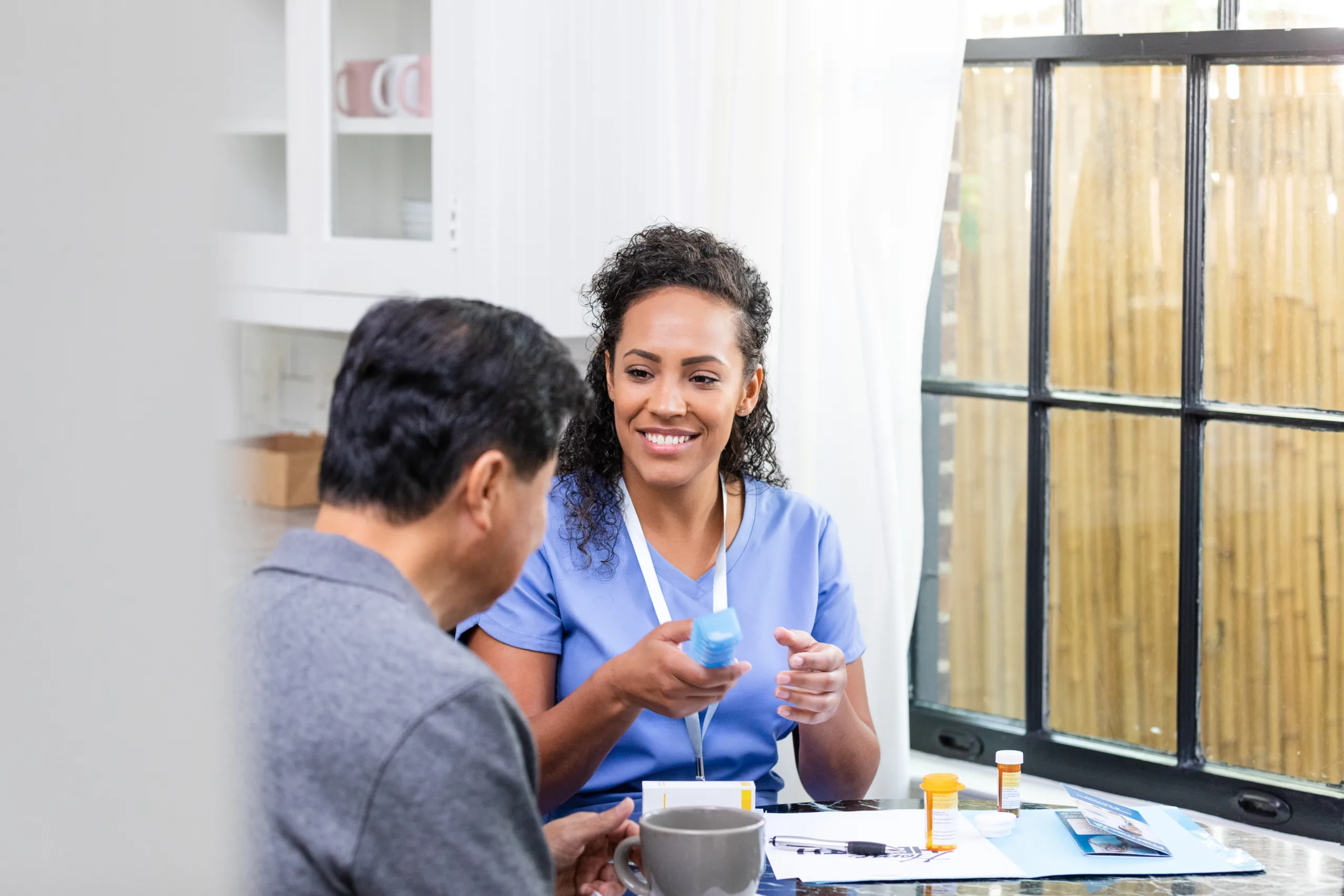How Managing Your Medication Will Benefit Addiction Recovery
Recovering from drug addiction requires many things – it demands motivation and a desire for change; it requires the proper detoxing to give yourself the best chance at full physical recovery; talk therapies and other forms of therapeutic interventions become necessary for holistic healing; and oftentimes medication is a needed element to help achieve all these things.
While there has been some controversy regarding medication therapy for treating and preventing substance abuse, there is much research backing medication as an appropriate form of treatment so long as management is done properly.
What is medication management?
Medication-assisted treatment for drug addiction recovery involves the prescribing of certain FDA-approved medications to help with the initial stages of detox and recovery. As one moves from frequently using drugs to sobriety, the body can go into shock and experience significantly uncomfortable withdrawal symptoms.
Medication helps with this process in that it can lessen the effects of withdrawal in addition to significantly reducing cravings for drugs themselves. This not only gives the body the chance to heal slowly, but it allows the mind to also put all its pieces back into proper place. Without the influence of drugs on the brain, the process of recovery can begin.
Medication-assisted treatment requires medication management, that is, the ability to adhere to a proper routine of medication consumption to prevent these withdrawal symptoms and cravings from setting in.
Properly managing one’s medication for substance abuse is important because missing one dose can cause withdrawal symptoms to begin which, in turn, may cause relapse. When you have been sober for some time and then return to drug use at the same dose/frequency as before sobriety, it may cause an accidental overdose as the body is no longer tolerant of that level of dosing.
To prevent this from occurring, medication management is key.
Medication management at home
When you are actively seeking detox – that is, when you are participating in a detox program at an addiction treatment facility – you frequently have psychiatrists and medical doctors checking in on your progress and making sure your medication is serving its purpose. They can provide around-the-clock care to ensure a successful recovery.
But when you are home on your own, medication management can become more challenging as it requires more accountability from yourself. Thankfully, you can implement best practice methods into your daily routine to help you stay on target with medication intake and foster a strong sense of health and wellness in your life.
Keep a tight schedule
Knowing when you need to take your meds is crucial to maintaining your recovery. Missed doses can lead to side effects, which can, in turn, lead to a desire for drug use to cope with said illness.
To prevent this from occurring, keeping track of your medications is a key aspect of sobriety. This may include strategies like:
- Keeping a log of when you need to take your medications
- Using a pill organizer – filling this with your meds at the beginning of the day/week will allow you to know what meds you’ve taken throughout the day so you can avoid forgetting a dose
- Using an app that helps you keep track of your medication requirements
- Use a spreadsheet to write out all you need to know about your medications, including when they need to be taken, if you’ve taken them already and when they need refilled
By using tools such as these to manage your medications, you will feel more in control during the process of recovery.
Learn about your prescriptions
Medications used for drug addiction treatment often come with side effects and warning labels necessary for their proper use and consumption. Before you take any medicine, make sure you understand what it is, what it is being used to treat and what it may negatively interact with. This will allow you to have full knowledge of side effects.
Having this knowledge gives you the ability to better understand what exactly you are treating, as well as allows you to speak up and contact your doctor when you notice a medication no longer is helping you reach treatment goals.
Fill your prescriptions at the same pharmacy
Switching between pharmacies, or even switching between different doctors, can lead to additional abuse and refilling of prescriptions that do not need to be filled. By sticking with the same pharmacy and doctor throughout your entire treatment program, you will be more inclined to remain accountable.
Additionally, the pharmacists and doctors/psychiatrists you are working with will be able to track your medication requests and administer them when the timing is proper, further enhancing medication management skills.
Keep lines of communication wide open
Always keep in close touch with your practitioner regarding your medication. If you feel like it’s not benefiting you, causing complications or unpleasant side effects, it is important to let them know. Not only will this get you back on track quickly, but it will give you the ability to continuously keep your treatment in your control.
Need additional guidance with medication management?
If you need more help regarding any aspect of preventing substance abuse, including initial detox or mental health treatment, Freedom Detox is here to help. To begin your journey towards recovery today, contact Freedom Detox by calling 800-475-2312 or contact us online to learn more about our personalized recovery programs.





